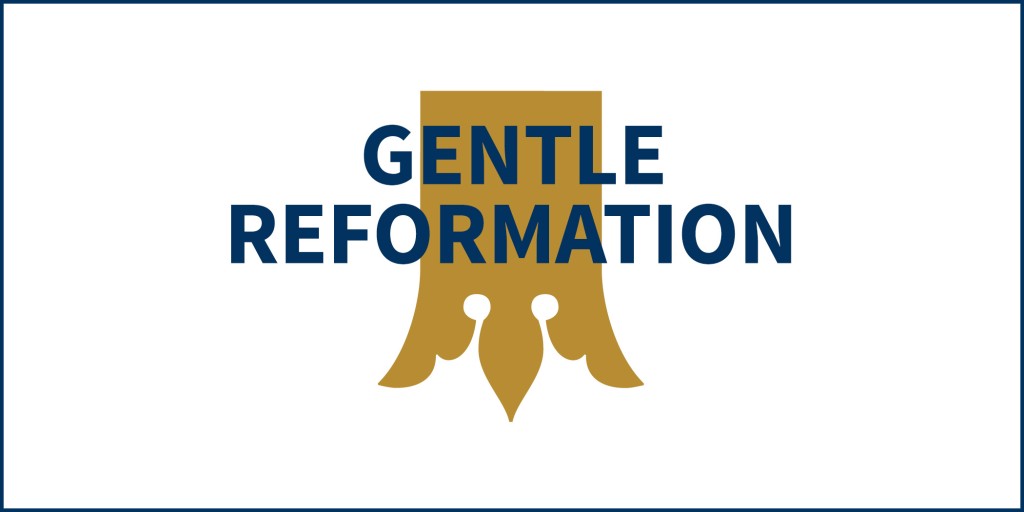Why does a good God permit evil in His world? This is the one question that has occupied mankind since the garden of Eden. Many poets, playwrights, philosophers, and theologians have made a good living trying to answer it. The book of Habakkuk rises above these voices and offers a surprising yet definitive answer that might not satisfy the philosopher but will surely comfort the faithful.
We know almost nothing about Habakkuk, other than that he ministered just before the fall of Jerusalem to the Babylonians. His book is unique in that it is mostly the story of the interaction between God and the prophet, in a series of questions and answers, as Habakkuk wrestled with the “problem of evil.”
The prophet wastes no time getting to the one question at the beginning of the book. He asks, in essence: why so much evil and so little justice? (Hab. 1:2–4). God’s response is that He would raise up the Babylonians, an even more violent and evil nation, to punish the ...
